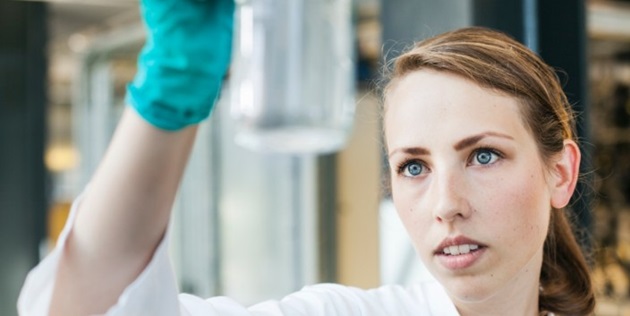The substances in hospital wastewater – such as chemicals, medicine residues as well as pathogenic resistant bacteria and viruses – could pose a danger to health and the environment as the wastewater is released into the public sewer system. Harmful viruses and bacteria from patients can be spread via combined sewer overflows and flooding during heavy rainfall, and can also infect sewage workers.
‘Municipal sewage treatment plants are not designed to deal with the hazardous pharmaceuticals. This is why we can now detect these substances in our waterways,’ says Ulf Nielsen, DHI’s Chief Environmental Planner.
Ulf points out that the hazardous pharmaceuticals are critical even if the substances in hospital wastewater exist in very low concentrations. For example, estrogens can result in hermaphroditic fish and certain types of painkillers are poisonous to trouts.
To address this issue, a partnership was established to find a solution that eradicates the hazardous substances in hospital wastewater. Grundfos BioBooster A/S has set up a unique full-scale wastewater treatment plant (WWTP) that receives all wastewater from Herlev Hospital. The optimisation and test phase will proceed until end 2015. The proximity allows the plant to receive undiluted wastewater directly from the hospital and thus target its substances specifically.
Our team is right in the middle of action, monitoring and testing the treated wastewater to find traces of more than 100 substances. We are also testing the removal of toxic and hormone effects. If our testing continues to yield positive results, part of the clean water will be recycled back to the hospital and the remaining will be released into the nearby Kags Stream, where it will contribute to a more stable flow during summer. At the same time, online sensor systems to secure a high steady effluent quality are also being tested.
 |
DHI’s environmental engineer Christine Hastrup Hauerberg sampling treated wastewater from Herlev Hospital.
© Grundfos BioBooster A/S |